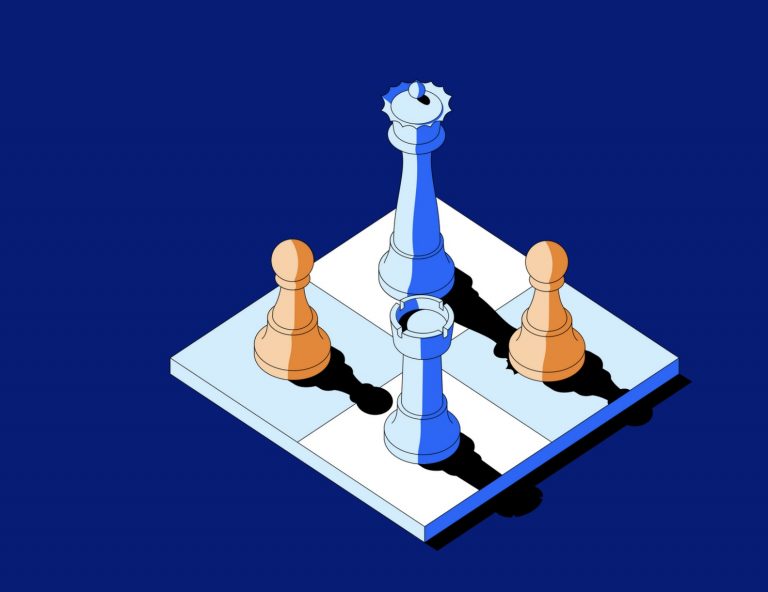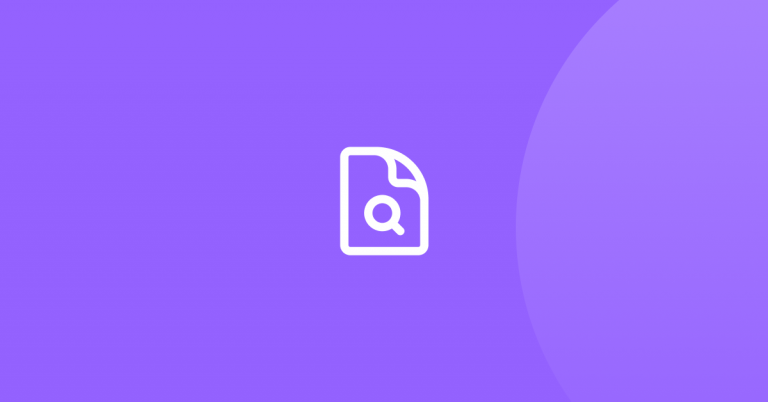How college students evaluate and use information in the digital age
A new progress report entitled “Truth Be Told: How College Students Evaluate and Use Information in the Digital Age,” explores the current state of the project.
Abstract
A report about college students and their information-seeking strategies and research difficulties, including findings from 8,353 survey respondents from college students on 25 campuses distributed across the U.S. in spring of 2010, as part of Project Information Literacy. Respondents reported taking little at face value and were frequent evaluators of Web and library sources used for course work, and to a lesser extent, of Web content for personal use. Most respondents turned to friends and family when asking for help with evaluating information for personal use and instructors when evaluating information for course research. Respondents reported using a repertoire of research techniques—mostly for writing papers—for completing one research assignment to the next, though few respondents reported using Web 2.0 applications for collaborating on assignments. Even though most respondents considered themselves adept at finding and evaluating information, especially when it was retrieved from the Web, students reported difficulties getting started with research assignments and determining the nature and scope of what was required of them. Overall, the findings suggest students use an information-seeking and research strategy driven by efficiency and predictability for managing and controlling all of the information available to them on college campuses, though conducting comprehensive research and learning something new is important to most, along with passing the course and the grade received. Recommendations are included for how campus-wide stakeholders—faculty, librarians, and higher education administrators—can work together to help inform pedagogies for a new century.




